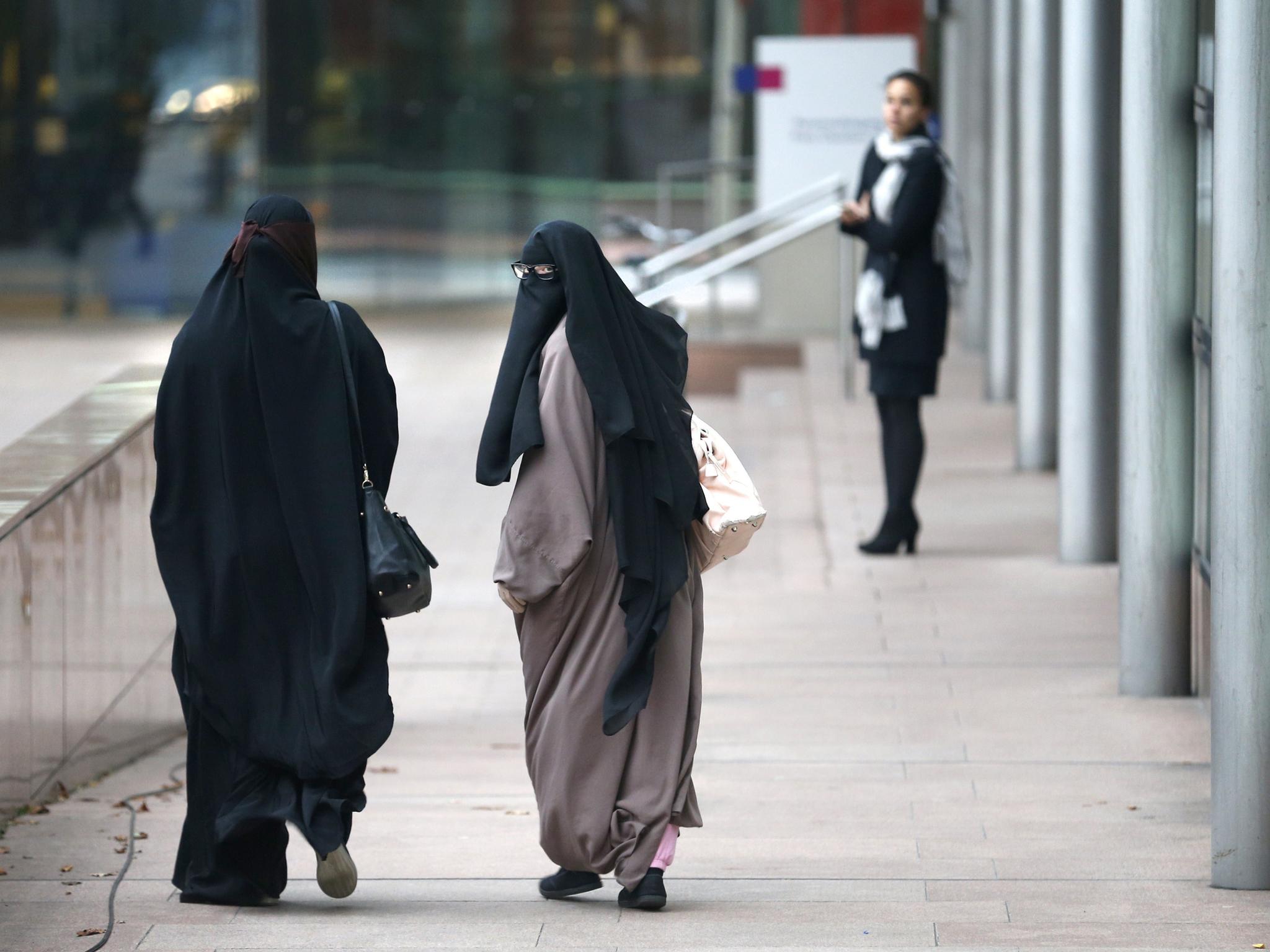Your support helps us to tell the story
From reproductive rights to climate change to Big Tech, The Independent is on the ground when the story is developing. Whether it's investigating the financials of Elon Musk's pro-Trump PAC or producing our latest documentary, 'The A Word', which shines a light on the American women fighting for reproductive rights, we know how important it is to parse out the facts from the messaging.
At such a critical moment in US history, we need reporters on the ground. Your donation allows us to keep sending journalists to speak to both sides of the story.
The Independent is trusted by Americans across the entire political spectrum. And unlike many other quality news outlets, we choose not to lock Americans out of our reporting and analysis with paywalls. We believe quality journalism should be available to everyone, paid for by those who can afford it.
Your support makes all the difference.The Dutch government has agreed to a partial ban of the wearing of full-face veils in public places such as schools, hospitals and on public transport.
Mark Rutte, the country’s prime minister, said the move “had nothing to do with religion,” but said it was necessary to “enforce values” of Dutch society.
The proposal, which was approved by the cabinet sitting in The Hague, will apply to all face coverings including ski-masks and helmets, but must be approved by parliament before it becomes law. It will not apply on public streets.
A statement, issued by the home affairs ministry, said: “In a free country like the Netherlands, everyone has the right to dress how they choose, no matter what others think. That freedom is only limited in situations when it is essential for people to look at each other.”
Opposition politician Geert Wilders, whose far-right anti-Islamic polices have won him support among many voters in the Netherlands, called the new measure “weak” on Dutch TV – despite having long called for a ban on niqabs and burqas.
The proposal will affect relatively few people as just hundreds of Dutch women veil themselves completely and most do so only occasionally.
Those caught flouting the proposed law could be fined up to €405.
France was the first European country to ban the full veil in public places in 2011, and Belgium quickly followed suit in the same year. The ban in both countries applies in all public places, including on the street.
The European Court of Human Rights upheld France's law in 2014, after a 24-year-old claimed the ban violated her freedom of religion and expression.
Elsewhere in Europe certain cities have banned the burqa and niqab, including Barcelona in Spain and some towns in northern Italy.

Join our commenting forum
Join thought-provoking conversations, follow other Independent readers and see their replies
Comments